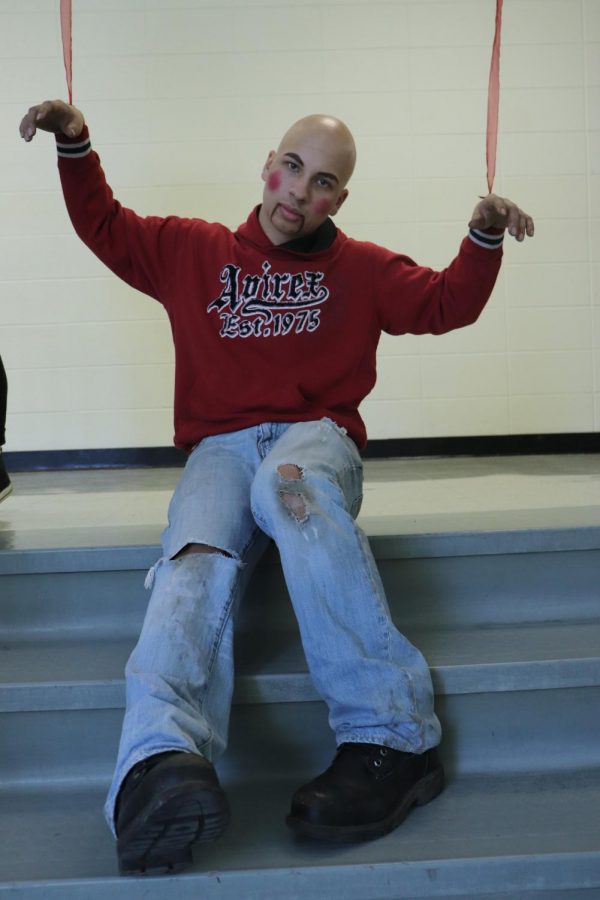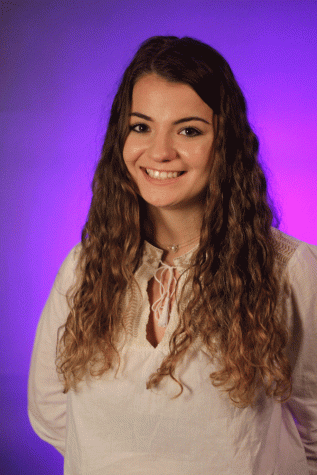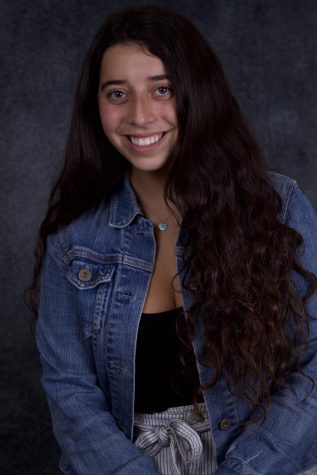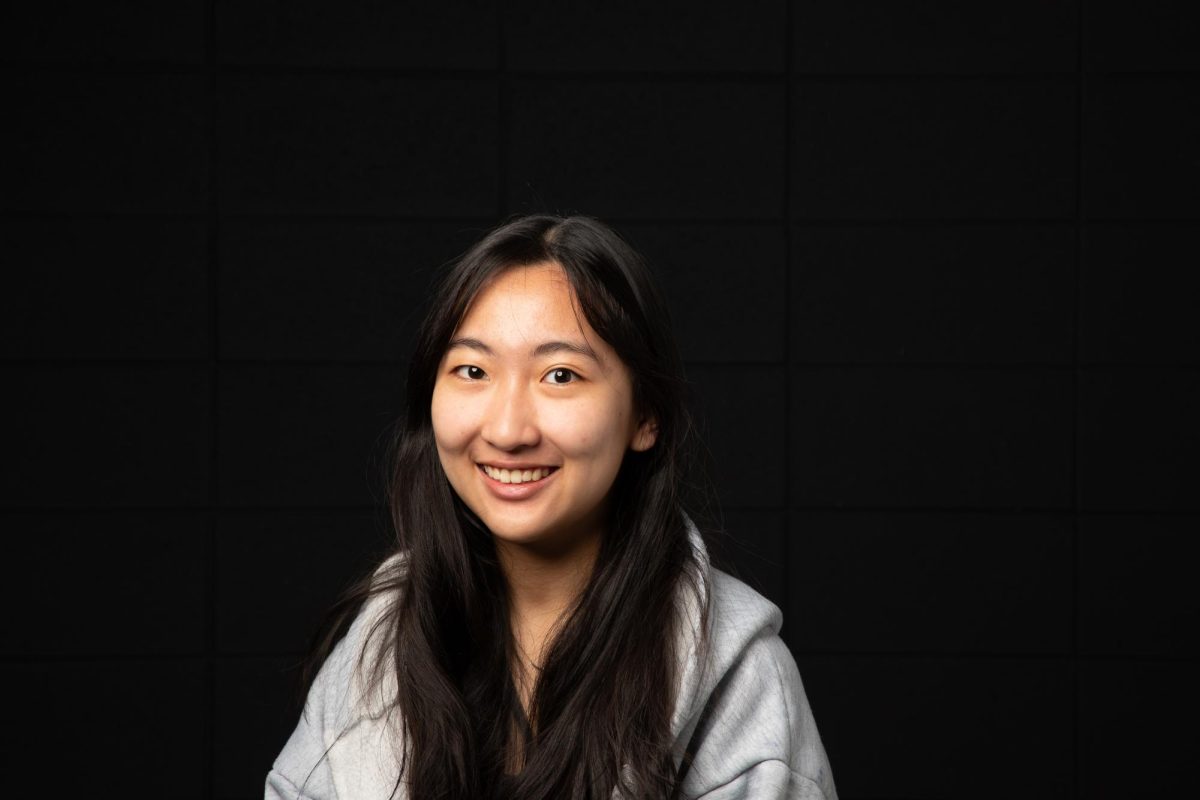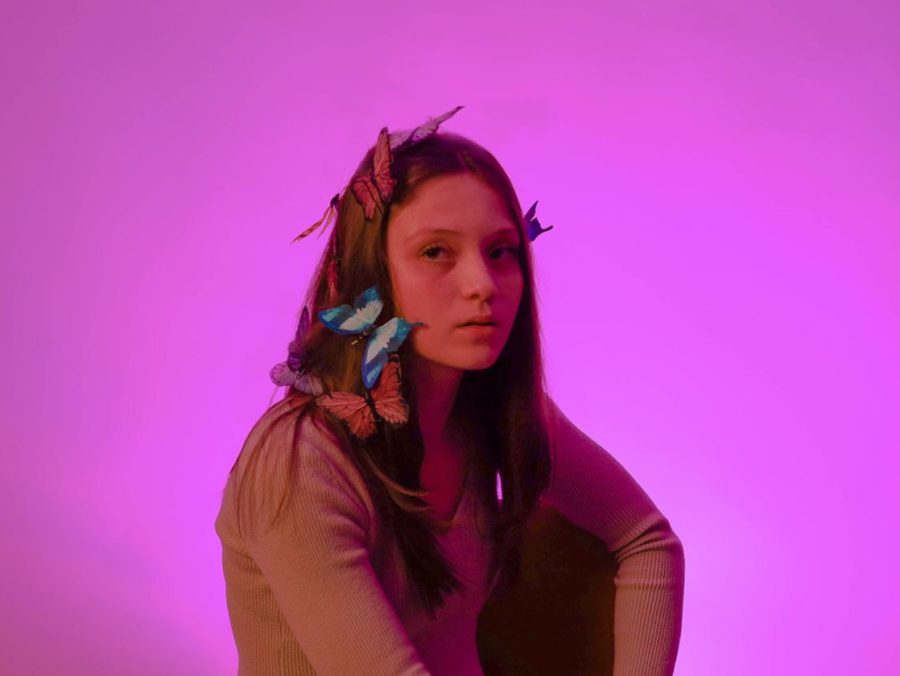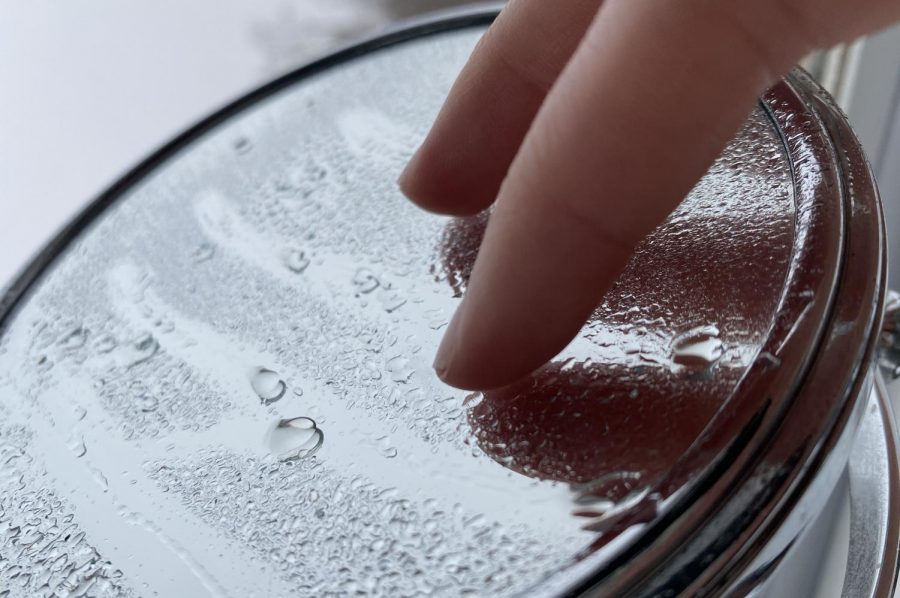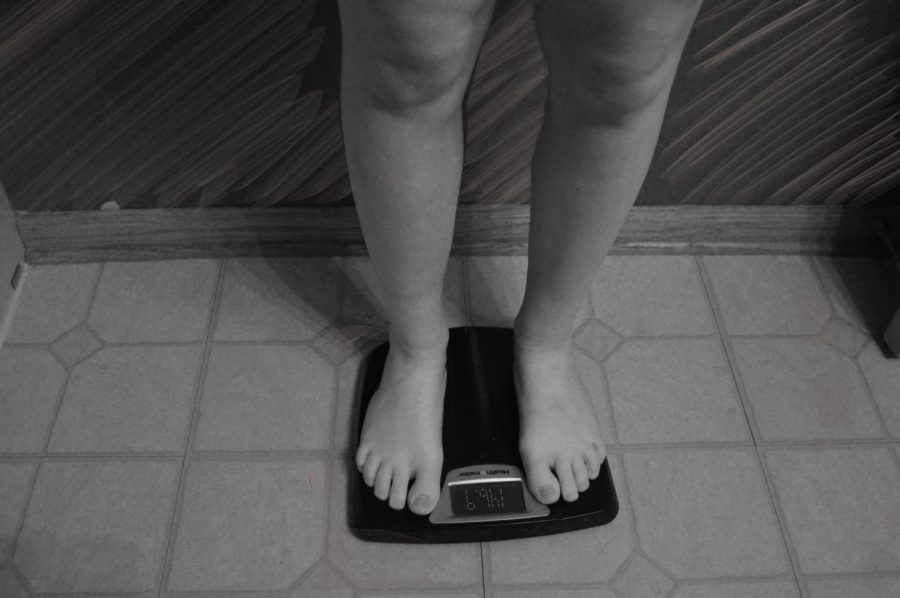One day when I was about four on a warm, sunny summer day, I went to a pool in Chicago with my family. I was minding my own four-year-old business, when I noticed a random lady staring at me. After a long time, she came up to me and started asking my parents questions. I looked up puzzled. I really couldn’t understand what they were talking about, but the next thing I remember is that woman praying over me and touching my shoulder. For the first time I truly felt different, like my body as made out of something stranger than everyone else around me. In my innocent mind, I actually found it kind of cool: she was trying to help me.
That was my first experience in this world that made me wonder why I was different. Time went on; I kept asking my parents what made me so special. Their replies confused me to the point that I just learned to live my life without wondering. When I was in the fourth grade, I was finally old enough to somewhat understand my life and my parents’ explanations.
They told me that when I was two months old I was diagnosed with Alopecia, a medical condition which causes my immune system to attack my hair follicles. That means most of my body cannot grow hair, such as on my head, legs and arms. So after all, my body was different from everyone else’s.
It’s difficult for others to see me for who I am; it’s almost like we, as human beings, are naturally trained to jump to conclusions. People see something they haven’t before and it scares them. When people see me, they don’t think about the possibility of me being passionate about “normal people” things. They don’t think about my dreams. They don’t think about the fact that I’m completely normal.
Instead, they think about the way I’m different and that almost instantaneously comes with a negative connotation. I’ve experienced this way too much because the condition I have is rarely found.
Alopecia has never defined me. It’s never affected my life in extreme measures. After all, it’s just hair. I’ve never had a haircut, so what? I’m sure I’m not missing out on too much, right?
Half-way through sixth grade, I moved to Antioch Upper Grade School. That’s where things started to get a little rough. At the time, there was a meme going around that went viral. Some guy posted a video of grabbing someone else’s bald head while screaming “Michael Jordan!” That’s where the harassment started. A lot of random people came up to me and did that, trying to be funny. I never said anything back; I’m not one to start an argument with people. There were some instances where I ended up in the principal’s office explaining how people harass me. It was pretty uncomfortable because I didn’t want anyone to get in trouble. I don’t really get hurt by what others do because I’ve already accepted who I am, and I’m okay with it.
My high school career has had its ups and downs, just like any other. The harassment has mostly stopped. Now, it’s typically my friends cracking a joke here and there. I laugh along because I know that they don’t have bad intentions. The only time I feel the slightest pinch is when they’re talking about how they’re going to style their hair or when they’re going to get a haircut.
A couple years ago, I was considering getting a wig. That way, no one would know, I thought. It was a temporary solution for a permanent problem, but it was so appealing. Eventually, I decided it wasn’t the best idea. It would give me an excuse to not come to terms with my condition. I didn’t want that. It took a lot for me to accept everything about myself, but I couldn’t be more comfortable at this point. I’m very open about my condition, my head, and everything else.
I don’t bite. Some are curious about my condition and that’s okay, but I shouldn’t have to ask for people to respect my personal space.


